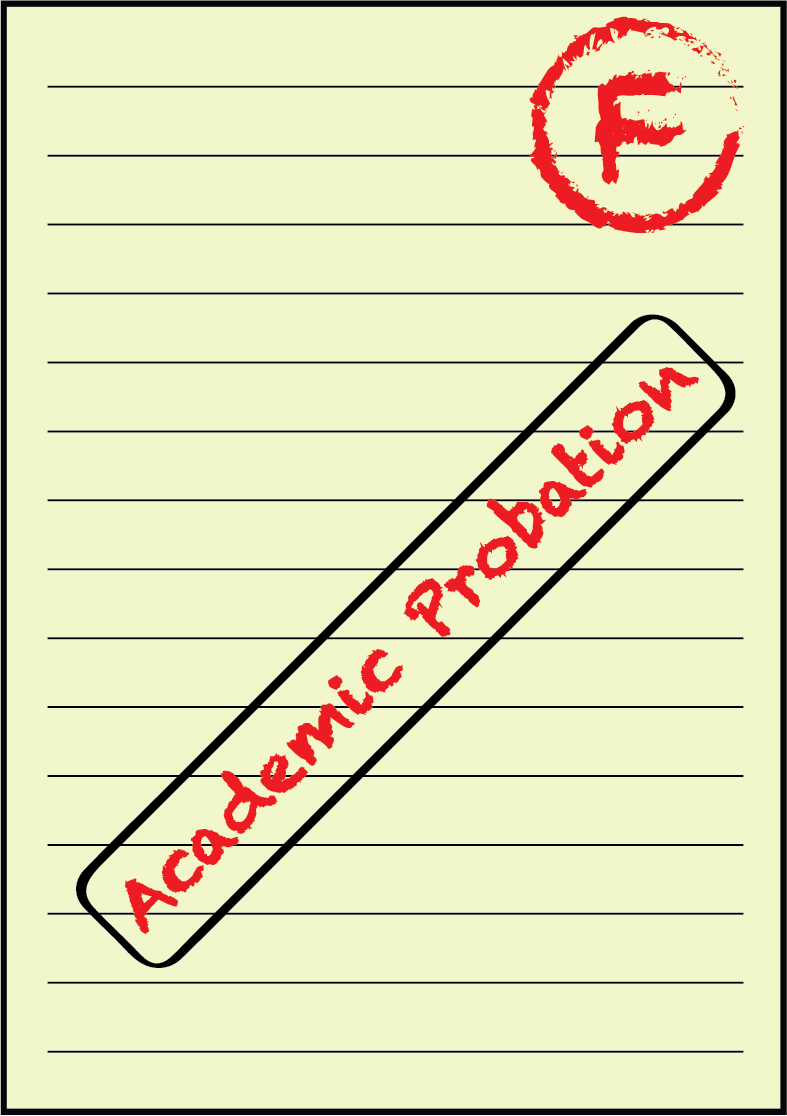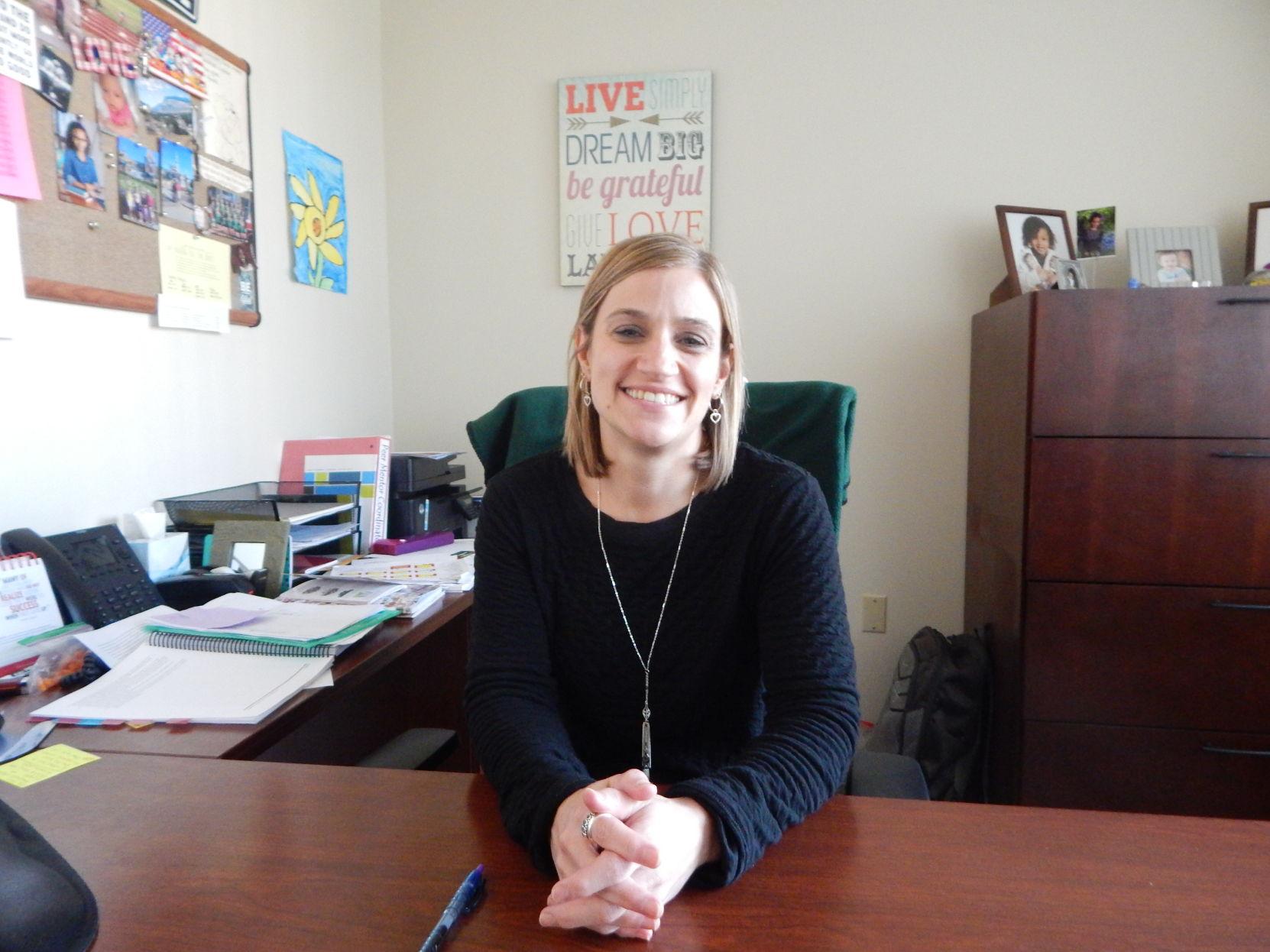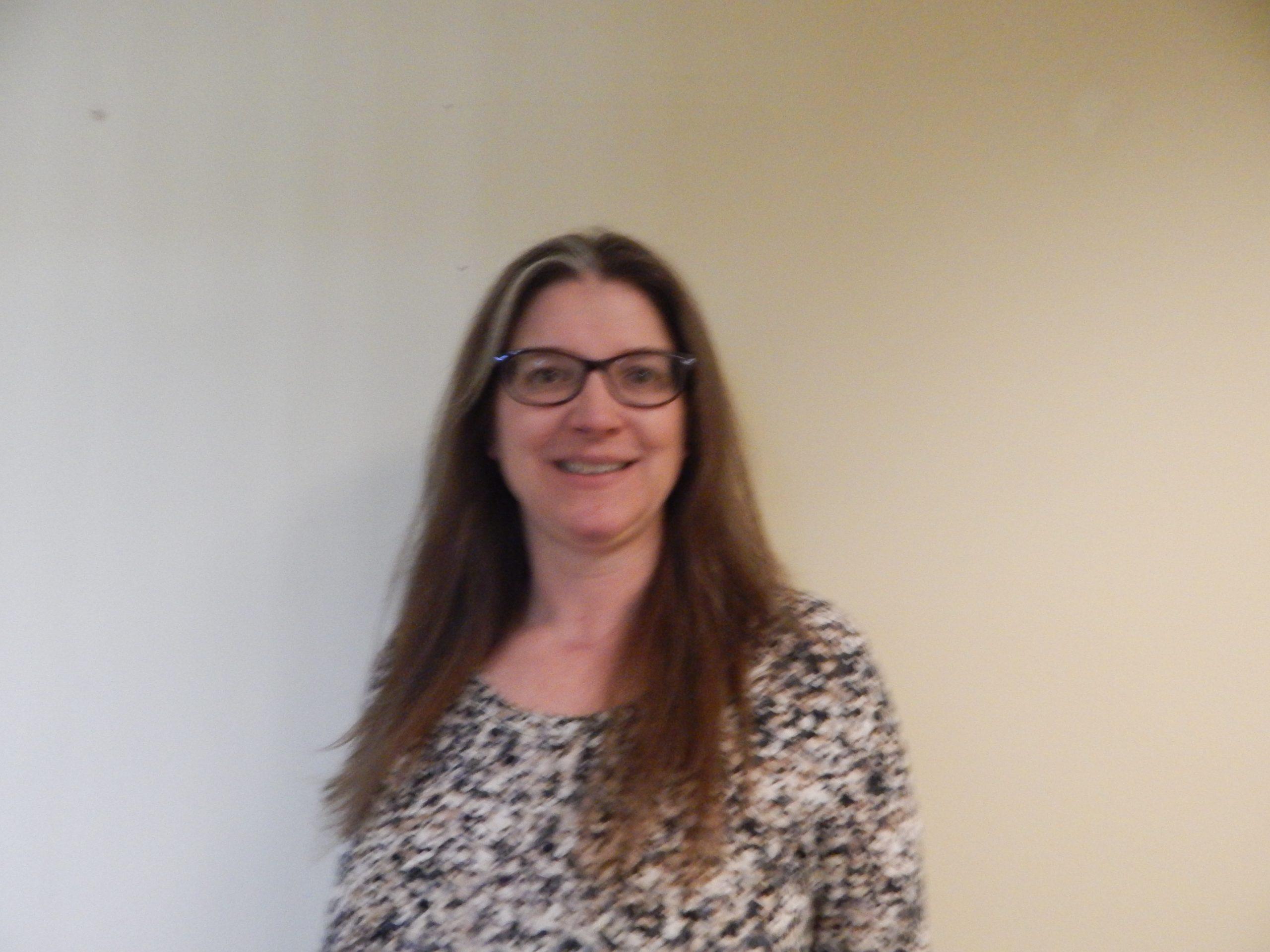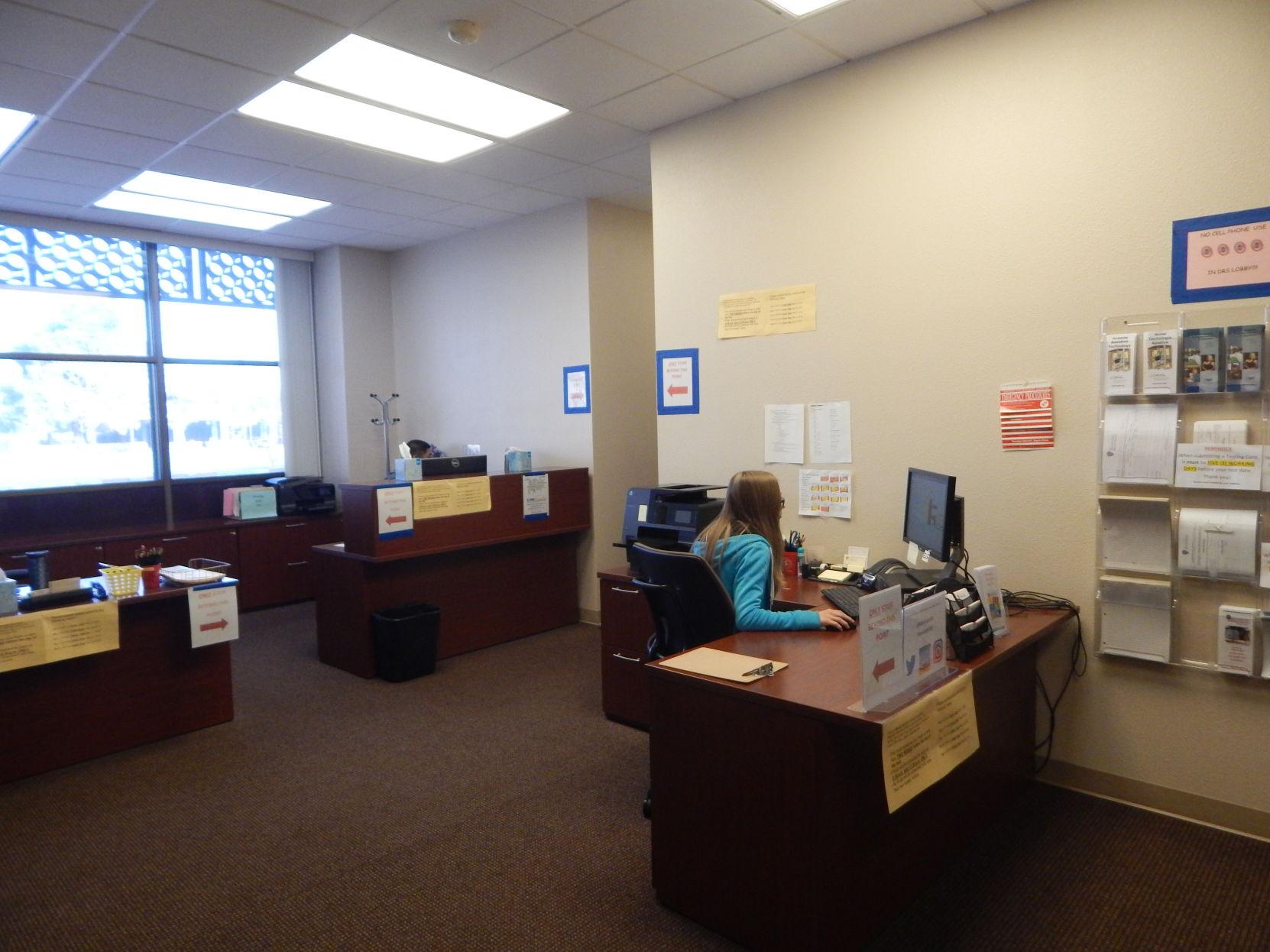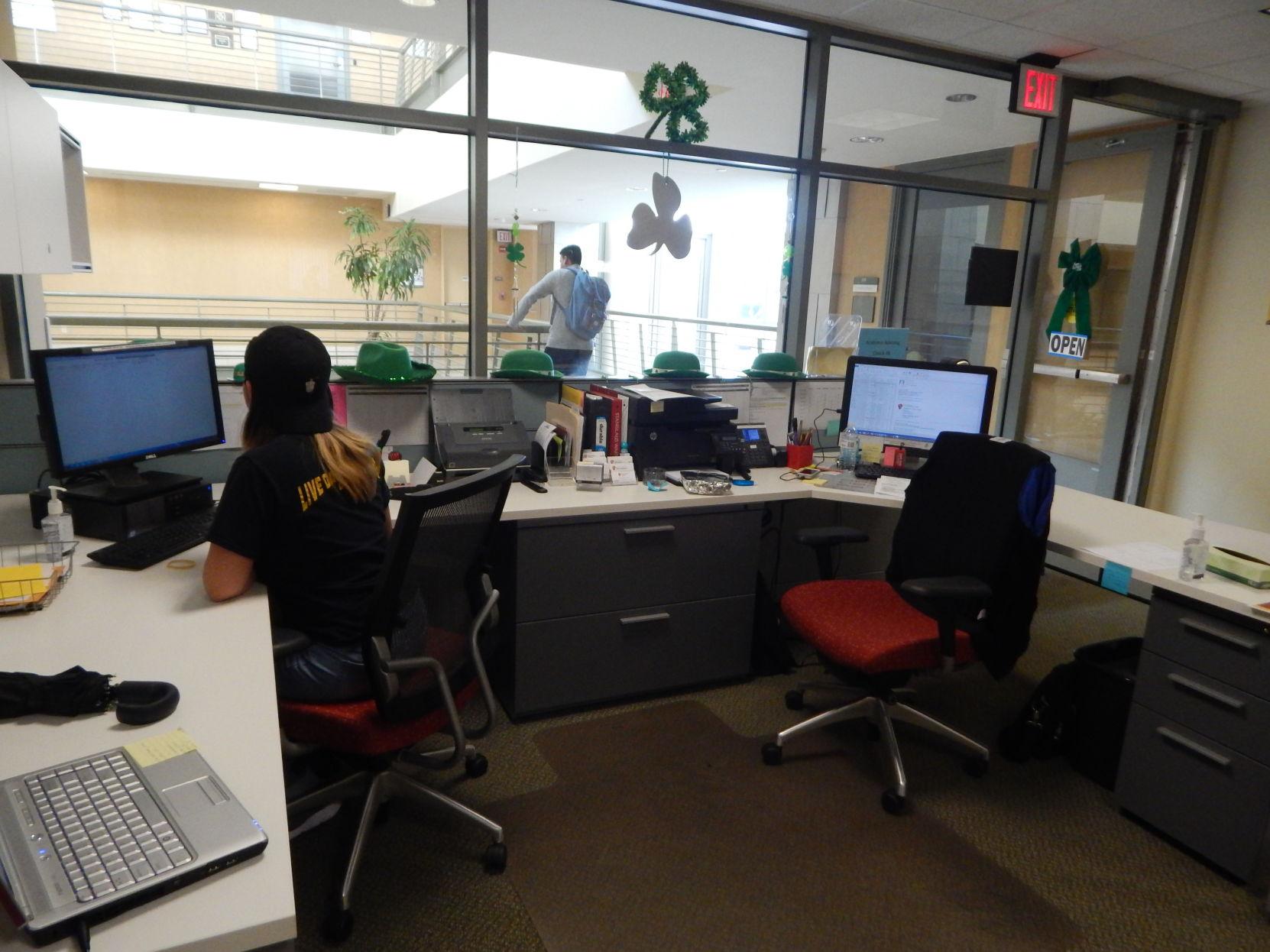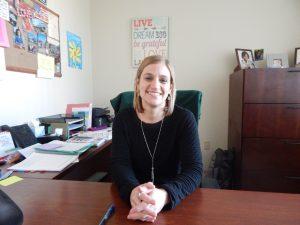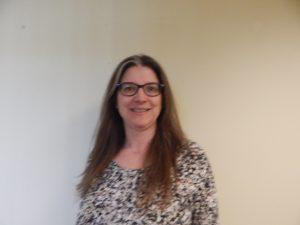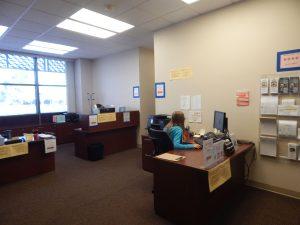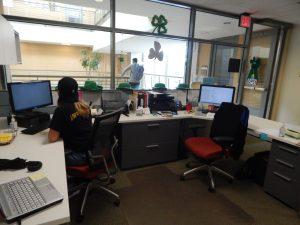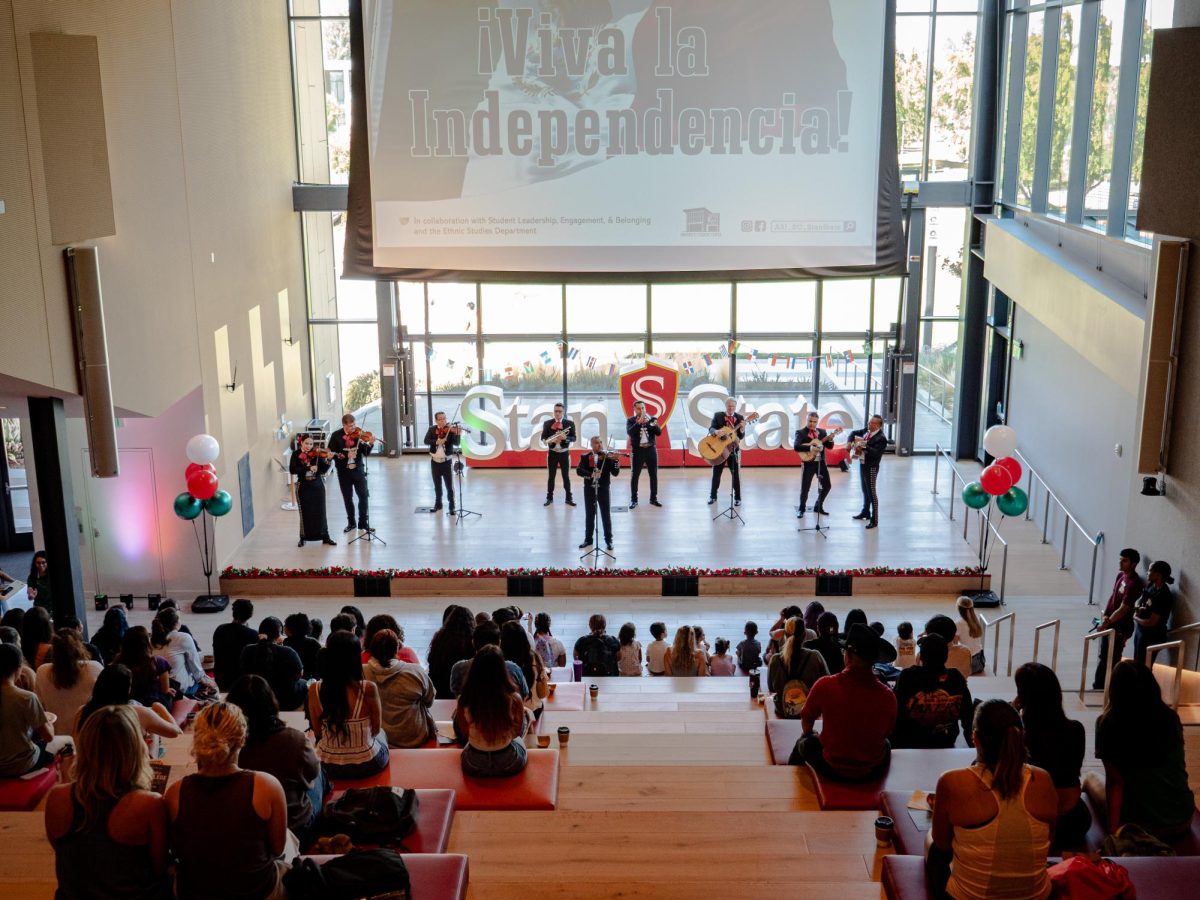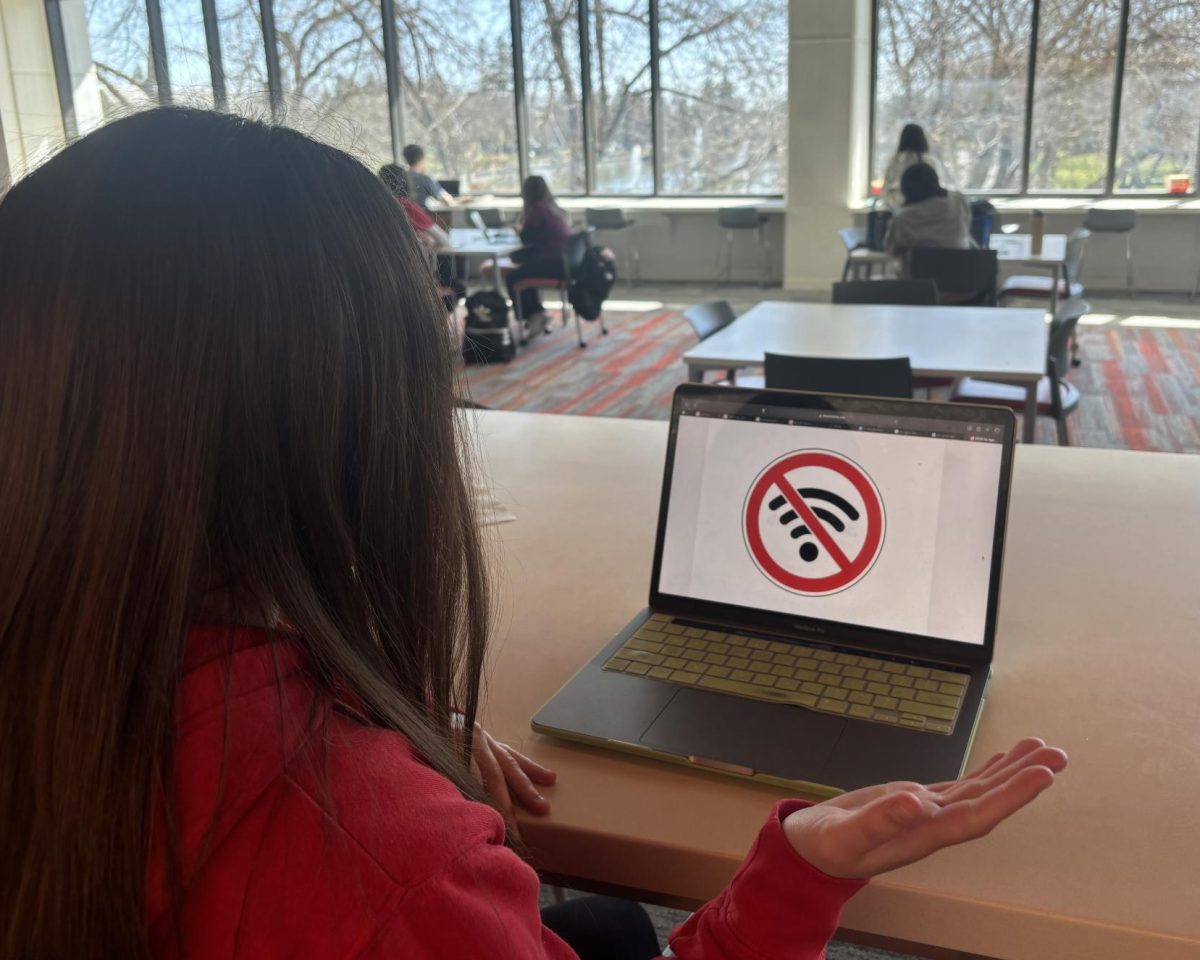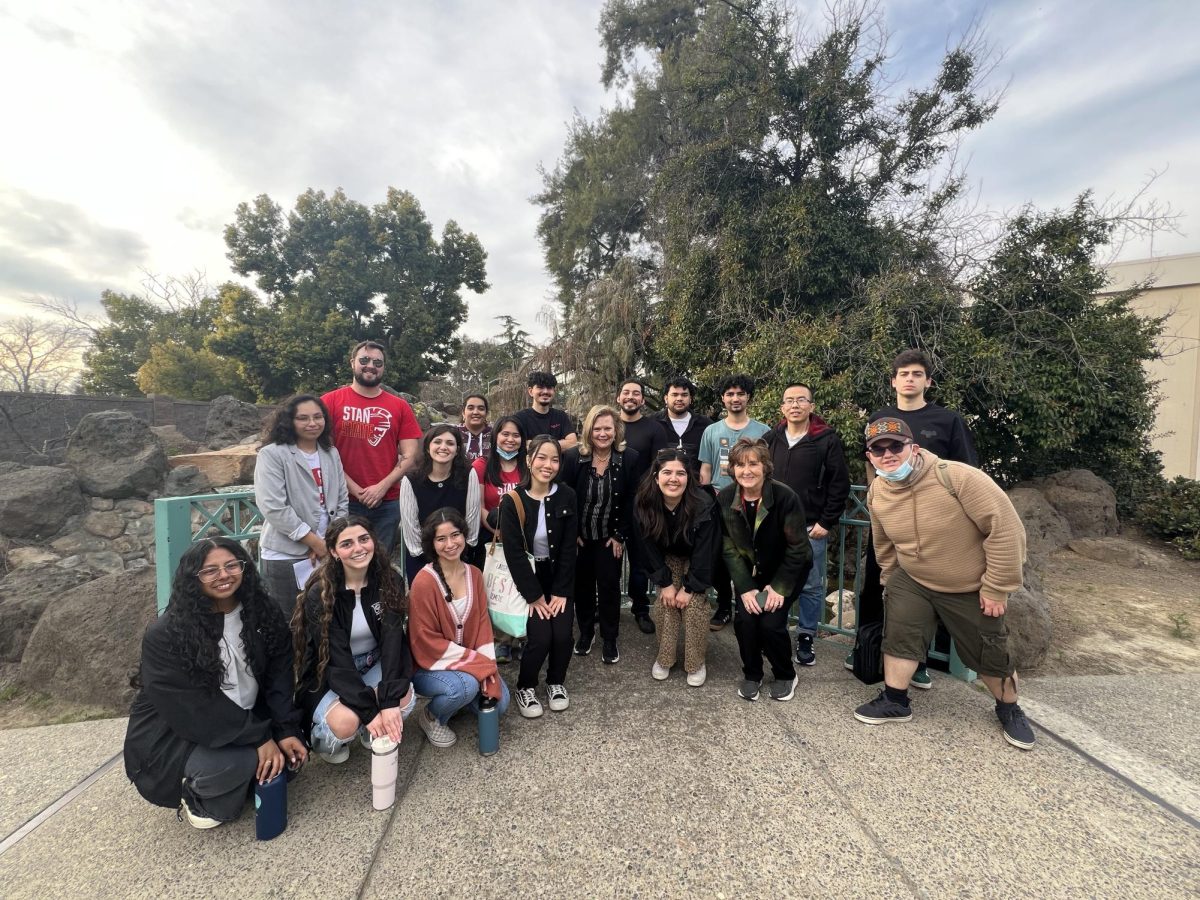Students can end up on Academic probation for any number of reasons, whether that be a stressful life event or simply feeling that they don’t have the skills required for success.
The Academic Success Center (ASC) along with a number of other resources on campus are here to help prevent students from going on academic probation. While helping students on academic probation get back on track.
A student gets put on academic probation when their CSU GPA falls below a 2.0.
Dr. Betsey Eudey, Faculty Director for Advising and Learning Cohorts, explained some of the reasons that this may happen.
“Sometimes its students who have health problems, or homelessness, it could be a car accident, or a sick family member that causes them to lose track of things, regardless of their academic abilities,” Dr Eudey said. “In most cases whatever is going on in their life is happening in a way that the last thing on their mind is oh wait let me call my professor or advisor.”
Students may also be unaware of the resources that are available to them.
“Sometimes, it’s not a huge trauma, sometimes it’s not knowing where to turn,” Dr. Eudey said. “Students don’t take the time or don’t even realize that there is a resource on campus that can help them. We don’t follow up during the semester an say hey, you can talk to a counselor or you can talk to student disabilities resources, or swing by advising.”
Dr. Eudey also explained that this is a common occurrence with pregnant students who don’t know that Title IX gives them special services and accommodations.
“I think we are particularly bad at getting that info to pregnant students,” Dr. Eudey said.
Dr, Eudey went on to say that “everybody who has been admitted has the ability to succeed here, but we all need different resources.”
One of resources that is offered at the ASC to help students succeed is Supplemental Instruction (SI).
Erlynn Johnson, Academic Support Lead SI/Peer Mentor Programs, explained that SI is available for classes where students typically have trouble.
“Supplemental instruction is for historically difficult classes based on high failing grades or no credit. SI is typically offered for general education courses, and key gateway courses such as chemistry, anatomy, biology, US history and political science,” Johnson said.
SI is different from tutoring in that it is tied directly to a specific class section and professor. An SI leader will attend courses and hold weekly review sessions, usually three times per week.
Johnson explained some of the benefits of going to an SI session. On average, students who attend more than four SI sessions in a semester will earn a full letter grade higher than their peers who don’t attend.
“These sessions also help students to understand that if they can do well in one class, they can do better in another class,” Johnson said.
Psychological counseling is also helpful to students who are struggling with poor grades or at risk for academic probation.
Dr. Daniel Berkow, Director of Psychological Counseling Services, said that counselors are here to help students deal with crisis or manage their stress among other things.
“Some students use the service regularly and others come in for help in dealing with crisis,” Dr. Berkow said. “We offer a confidential space and students know it won’t be be made available to anyone.”
Dr. Eudey wants those who may be experiencing crisis, stress, or don’t feel they have the tools to succeed to know that there is someone who can help them.
“Come talk to us, the ASC is absolutely a place where students can come, but it is also any point of connection that a student has, like a professor who they really liked, wherever they show up someone will figure out how to get them connected back in,” Dr. Eudey said.
Categories:
Dealing with Academic Probation
Sarah George
•
March 19, 2018
0
Donate to Signal
Your donation will support the student journalists of California State University, Stanislaus. Your contribution will allow us to purchase equipment and cover our annual website hosting costs.
More to Discover

